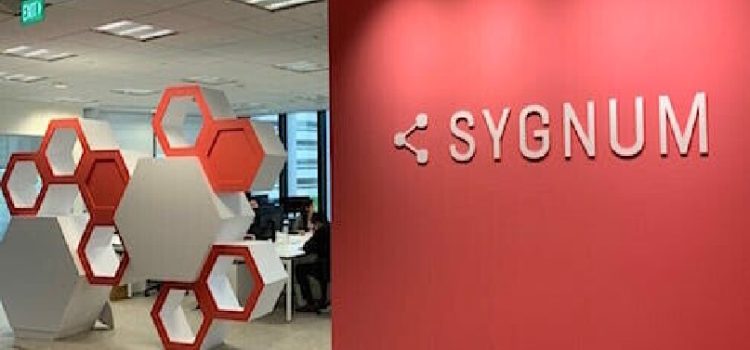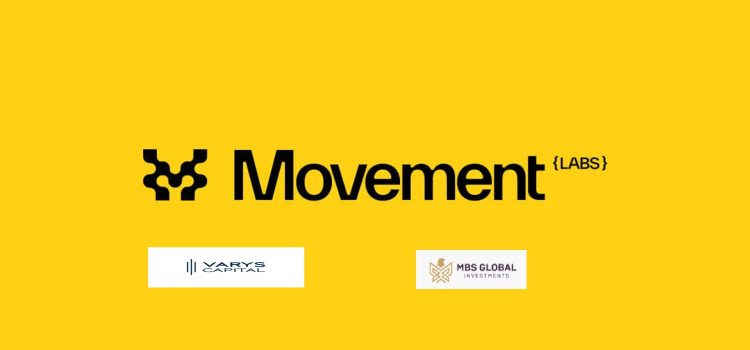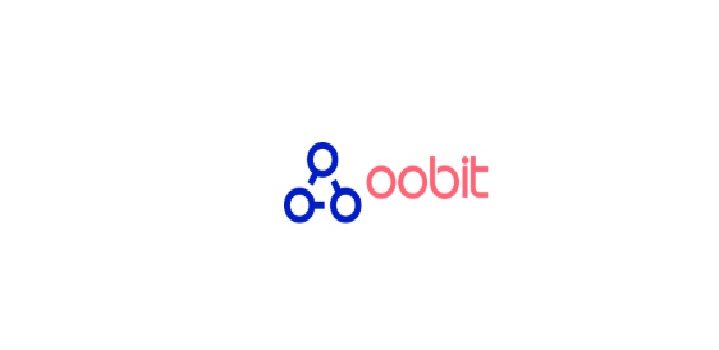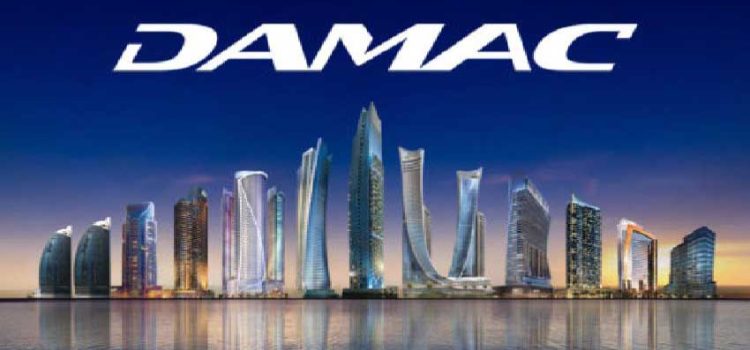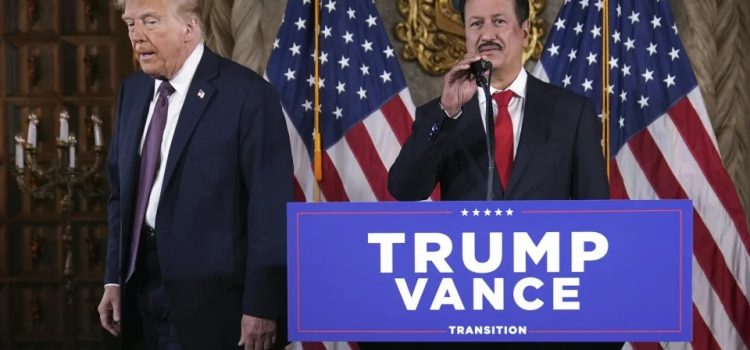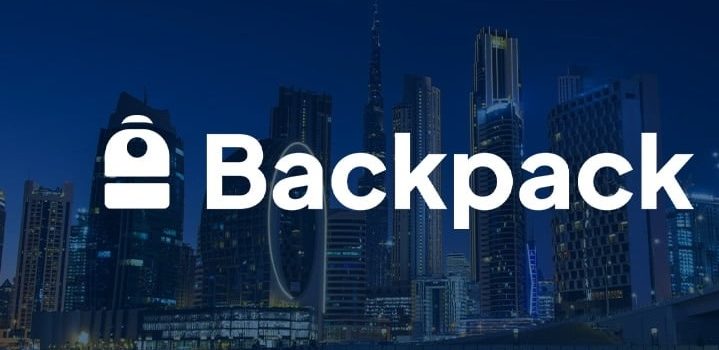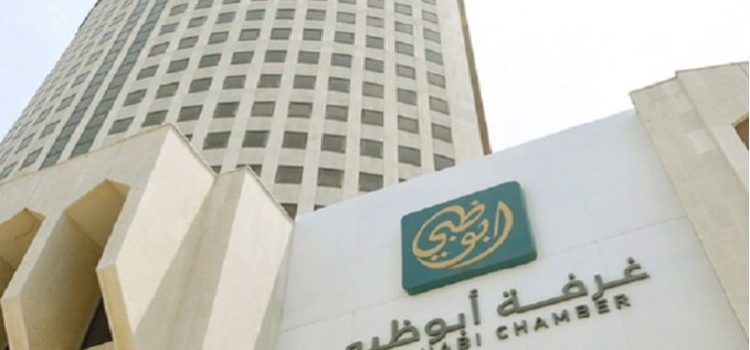
Abu Dhabi licensed, global digital asset banking group Sygnum has raised a total of $58 million in its oversubscribed Strategic Growth Round, giving it a post-money valuation of more than 1 billion.
Fulgur Ventures, cornerstone investor in the final close of Sygnum’s Strategic Growth Round, is a venture capital firm focusing on Bitcoin technologies, infrastructure and applications that drive Bitcoin adoption. Fulgur is joined by new and existing strategic and financial investors, as well as Sygnum team members again participating on equal terms. The Co-Founders, board and team members continue to hold Sygnum majority ownership.
Funds will support expansion
Proceeds from the completed Strategic Growth Round will be put to work to drive Sygnum’s 2025 expanded EU/EEA market entry and to launch its regulated presence in Hong Kong. Sygnum also intends to use the funds to broaden its institutional infrastructure, expand its product portfolio with a focus on Bitcoin-technology, and enable opportunities for strategic acquisitions as the market develops.
A key driver of the oversubscribed Strategic Growth Round was the bank’s multi-year core business growth. 2024 revenues for all trading products, including crypto spot, derivatives, FX and traditional securities, surpassed the previous year’s total in Q3 for the second year running. Total annual trades in 2024 increased by more than 1,000% YoY, propelled by PostFinance and the 20+ banks on its B2B platform providing regulated crypto services to more than a third of the Swiss population.
Mathias Imbach, Sygnum Co-Founder and Group CEO, noted, “Sygnum reaching Unicorn status is a strong validation by the market of our business model, strategy and team. While it is an achievement we are very proud of, it won’t alter the values of integrity and humility, and the importance of displaying confidence without attitude at all times, which have acted as our true-north since day one. As Switzerland is currently losing ground to other jurisdictions as a preferred digital asset hub, it is also our obligation to highlight the need for Switzerland to not ignore the importance of continuous innovation in the financial sector and to continue to attract talent and capital to remain relevant in the long-term. In that way, our mission is only at the very beginning.”
Gerald Goh, Co-Founder and CEO APAC, said, “The successful completion of our Strategic Growth Round is proof of Sygnum’s strong and unique position as a leading regulated financial institution in the global digital asset industry. Offering trusted institutional infrastructure and regulated services for digital assets will continue to be the foundation for Sygnum’s future growth strategy.”
Oleg Mikhalsky, Partner of Fulgur Ventures, added, “Fulgur is a venture capital firm that continues to drive investment into the accelerating convergence of Bitcoin and institutional financial markets. Sygnum’s market-tested infrastructure, digital asset-native team and global ecosystem makes them the ideal partner to co-develop innovative Bitcoin-related financial products and technologies – as well as for future collaborations with other Fulgur portfolio companies. We are proud to be the cornerstone investor for the final close of Sygnum’s Strategic Growth Round, which coincides with a potential inflection point for Bitcoin’s institutional adoption and regulatory clarity.”
In FY 2024, Sygnum achieved operational profitability and continued to grow its 2,000-strong institutional client base domiciled in over 70 countries, serviced through its regulated operations in Switzerland, Singapore and Abu Dhabi. The group is also regulated in the established global financial hubs of Luxembourg and was recently registered Liechtenstein.








